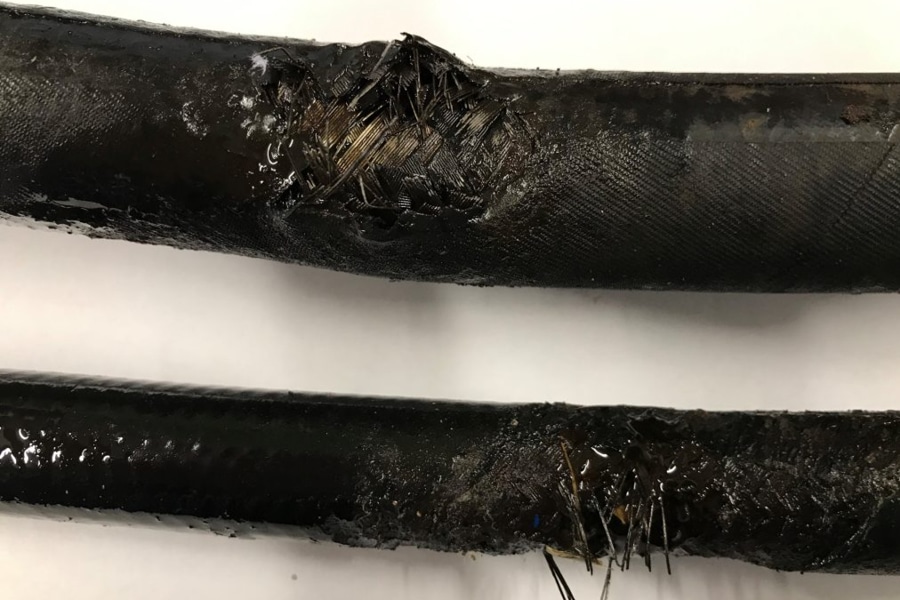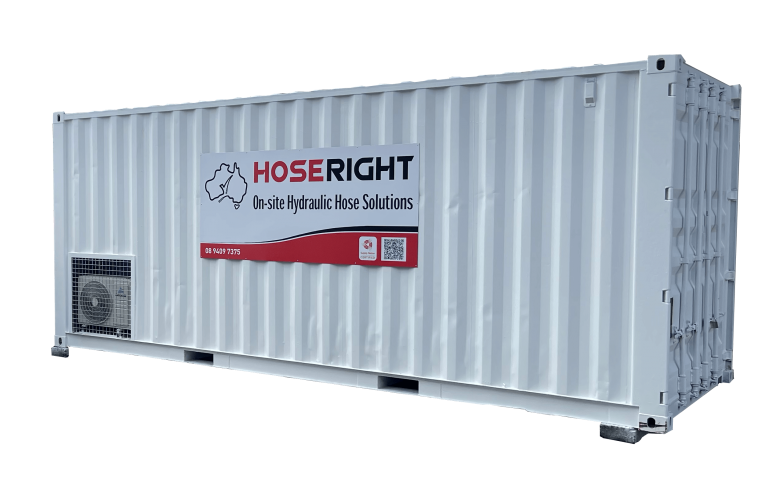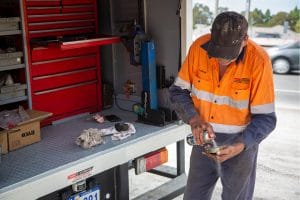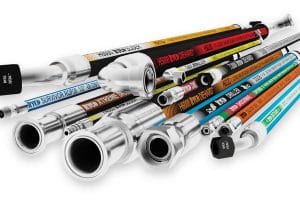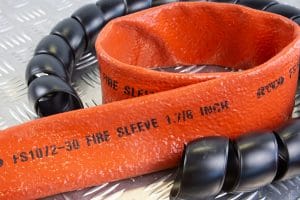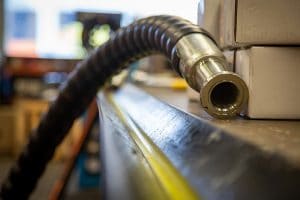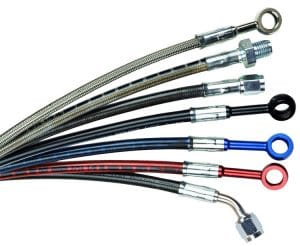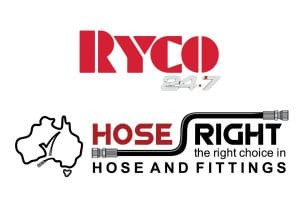Even the best hydraulic hoses will fail eventually, but there are some common reasons they tend to perish before their time. At Hoseright we have seen it all when it comes to the best and worst of hydraulic hose maintenance. In this article, we’ll take you through some of the common reasons why hydraulic hoses fail as well as letting you in on simple ways to detect and avoid problems.
The nine most common reasons for prematurely failing hydraulics are:
Operating above Their Rated Pressure
Check that the rated maximum operating pressure of the hydraulic hose is greater than the system’s operating pressure. Hose lines are rated for continuous operation at their specified maximum operating pressure.
Intense or Frequent Pressure Surges
It is normal for hydraulic systems to sometimes develop surges above the relief valve settings. These surges are never good for the hose, but they aren’t a huge problem unless they are too severe or happen too frequently. If this is occurring in your hydraulic system you will save money in the long run by investing in a hose with a higher pressure rating.
High and Low Temperatures
Extremely hot or cold fluid temperatures can also damage your hydraulic hoses. Fluids that are at or above the maximum allowed temperature cause a deterioration of the physical properties of the inner tube and the outer cover of the hose. Fluids at very low temperatures can also become problematic, though this is less common
Ambient Temperatures
Many industrial and factory environments can create high or low ambient temperatures, and these can degrade the cover and reinforcement materials. These temperatures should be considered in conjunction with internal temperatures and adjusted if damage is likely to be done.
Using the Wrong Fittings
Improper fittings and other components can reduce the life of a hydraulic hose. When selecting fittings, a decision must be made between crimped and field attachable styles. A fitting’s configuration, as well as a strategic selection of elbows and jump-size components, should be considered for long-life use.
Improper Routing
Bad routeing of hydraulic hoses can abrade them, and this is responsible for almost 60% of premature hose failures. Make sure hoses don’t need to bend at severe angles and are clamped in place to avoid abrasion. You should also use protective sleeves.
Ill-Advised Vacuum Services
Vacuum servicing is not recommended for double-wire braid or spiral-wire reinforced hoses. If vacuum data is not given in a catalogue, then the hose is usually not recommended for this type of service.
Incorrect Bend Radius
Hydraulic hoses are flexible, but only within limits. The safe operating pressure of hoses is based on their operation when straight. As you bend the hose its ability to withstand pressure drops. Bends that are too tight can cause weakening and outright failure of the hose.
For further information and for all your hydraulic hose needs, contact Hoseright today.

